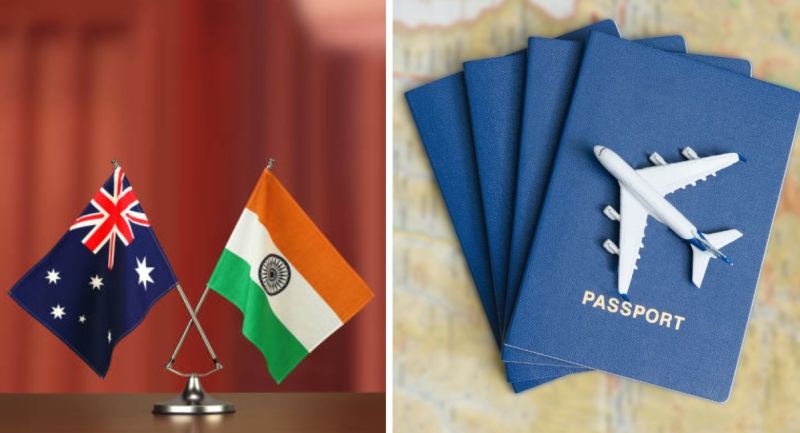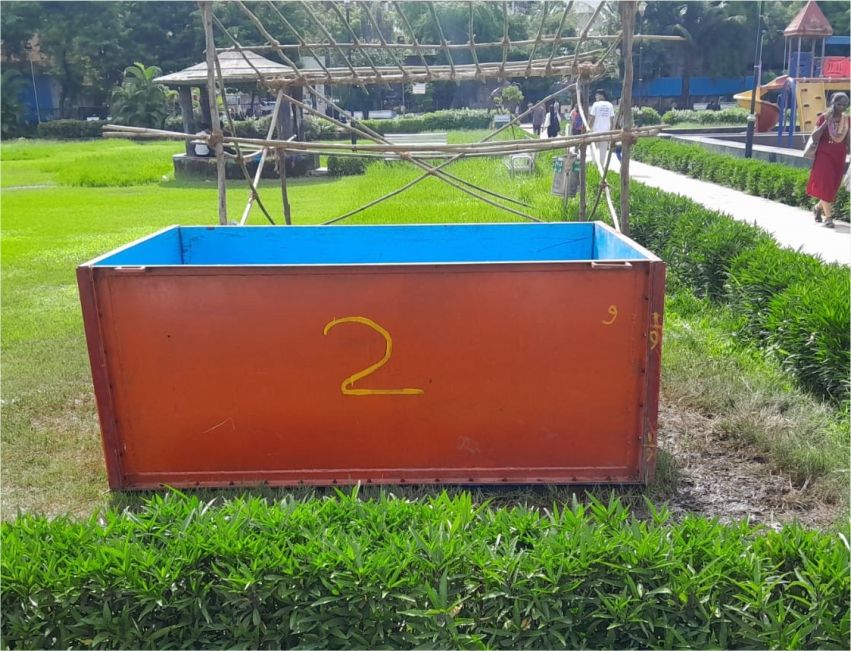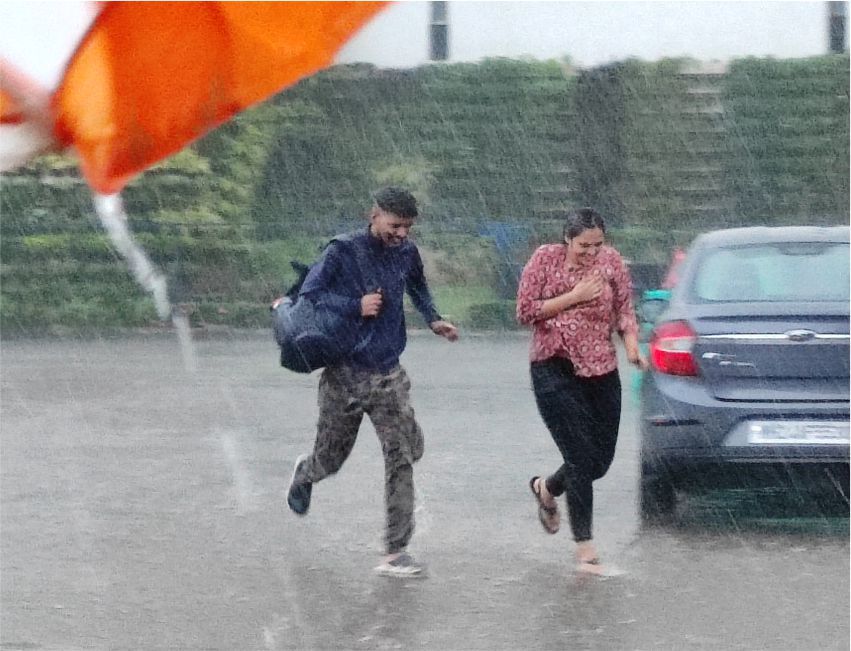Australian universities impose blanket ban on students from five Indian states amid visa crackdown

- Christopher Rodrigues
- 12 Apr, 2025
Australia, long considered an aspirational destination for Indian students, is tightening its doors, and it’s starting to look personal.
In recent months, several Australian universities have imposed blanket bans on students from Punjab, Haryana, Uttar Pradesh, Bihar, and Gujarat, citing document fraud and rising misuse of student visas as backdoor entry into the workforce. The move follows a broader immigration overhaul under Prime Minister Anthony Albanese, aimed at curbing surging migration numbers and cracking down on ‘non-genuine’ international enrolments.
Between December 2022 and December 2023, visa approvals for Indian students dropped by 48%, a staggering decline for a country that welcomed over 1.22 lakh Indian students in just the first nine months of 2023. Now, one in five Indian applications is being rejected, with students from Nepal and Pakistan faring even worse.
Some institutions have gone further. Central Queensland University reportedly told partner agents it would no longer accept applicants from India and Nepal for English programmes or admit those over 25 or married, unless pursuing research. The aim? To preserve their “low-risk” classification under Australia’s visa rating system, which influences visa approval timelines.
This crackdown comes just as Canada is capping student permits and the UK is restricting post-study work rights. For many young Indians, the global pivot to stricter borders has turned education abroad into a high-stakes survival strategy, and Australia into a reluctant gatekeeper.
Yes, concerns over fraud and visa misuse are valid. But the targeted exclusion of entire Indian states suggests something deeper, a loss of trust and a shift in how the Global South is being received by the West. What was once a celebrated pipeline of talent is now viewed through a lens of suspicion.
Behind the statistics lies another truth: India’s rigid education system often fails to prepare students for international academic life. Many seek foreign degrees not just for learning, but for economic escape. When admissions fail, survival kicks in, through odd jobs, long shifts, and dashed hopes.
As Canberra aims to halve net migration by 2025, the human cost of these sweeping policies will rise. Students, once seen as bridges between nations, now risk becoming collateral damage in a war of numbers, fears, and votes.




